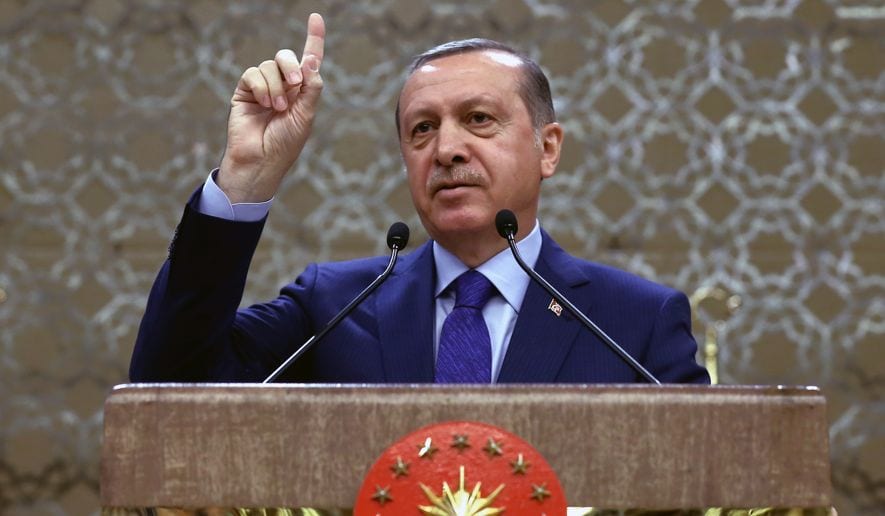If Turkey installs a democratic legal state, it will only be possible with the unabated continuation of reforms in all spheres, and in particular when civilian democratic control of the armed forces has been ensured.
And at the moment, it appears that only the ruling Justice and Development Party (AK Party) has both the capacity and determination to make it possible. This is because none of the other major political parties have so far taken any steps to contribute significantly to the democratic reforms that are under way, though slow in recent years. The main opposition Republican People’s Party (CHP), under its leader Kemal Kılıçdaroğlu, does not seem to have a strong determination to push for reforms and for military reforms in particular, so that the military can go back to its barracks for good.
Though it has been the AK Party and its leader Prime Minister Recep Tayyip Erdoğan who pioneered the military as well as civilian reforms since the party came to power more than eight years ago, Erdoğan’s recent remarks have been worrisome over the pace of military reform.
Erdoğan told a group of journalists covering his election campaign in Hatay last Saturday that the strength of civilian democracy has increased.
“The military is not the former military. [He claims they are not involved in politics.] Top generals do not make public speeches [political remarks] anymore. The military expresses its respect for the law on every occasion. Everybody should support this process, but some media organizations are provoking the military; this is not good,” he commented.
It is true that the Turkish Armed Forces’ (TSK) political power has been reduced to a certain extent as a result of major reforms, since 2003 in particular. But there is a long way to go to put the military under full civilian, democratic control. The major reforms pending include the TSK’s subordination to the Ministry of Defense, which is staffed by generals, the minister himself being the only civilian.
More than 200 active and retired TSK members, including some former service commanders, are facing charges of triggering armed insurrections to unseat the government in 2003 and 2009. The military has overthrown four governments through hard and soft coups between 1960 and 1997.
The European Commission’s annual Enlargement Strategy and Progress Report, published in November 2010, stated that overall progress has been made on civilian oversight of security forces; however, it says: “No change has been made to the Turkish Armed Forces Internal Service Law, which defines the duties of the military and contains an article leaving the military wide room for maneuvering to intervene in politics. Senior members of the armed forces have made a number of statements going beyond their remit, in particular on judicial issues.”
As also stated in the EU enlargement report, there are serious steps that need to be taken to end the military’s intervention in politics forever.
While we have a long way to go to end the military’s unacceptable influence in politics, which has continued through various means, including the use of the judiciary, Erdoğan’s remarks, which give the impression that the TSK has changed considerably, may mislead the public.
His remarks also leave an impression that he has been in a kind of secret compromise with the TSK to silence some media organizations critical of the military’s unacceptable mindset of seeking to continue its privileged status.
Erdoğan and his party expect to win the general elections on June 12 for the third time and secure a majority in Parliament, and they may also be seeking to ease the military’s uneasiness over the latest investigations against seven generals and a colonel as part of the Sledgehammer coup plot plan.
They were summoned to testify as part of a coup plot probe last Friday and appeared in court in İstanbul to delivery their testimony. They were later released.
TSK sources leaked to the media last Thursday that these senior generals’ court testimonies were the reason behind the cancellation of two major military maneuvers.
The TSK tries to prevent its members from appearing before the judiciary, and when they do stand trial, the military cancels costly military maneuvers while the trials are under way.
Yet, Prime Minister Erdoğan talks about an increase in the strength of civilian democracy in a tone trying to intimidate the media criticizing the military tutelage system. There is a serious paradox here.
Lale Kemal
via zaman


Leave a Reply